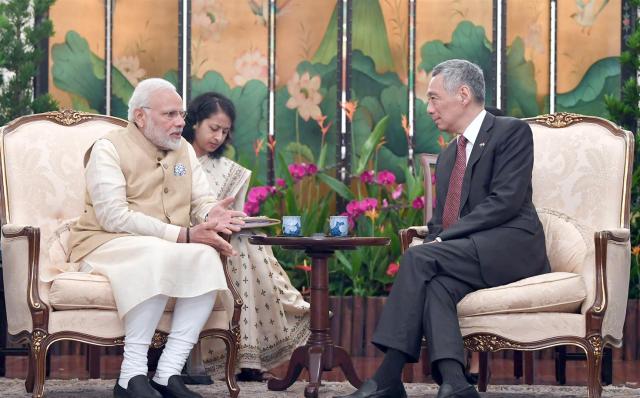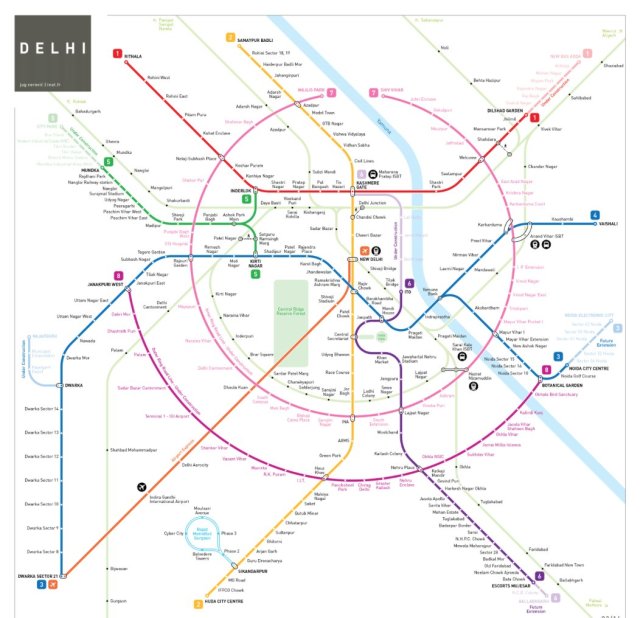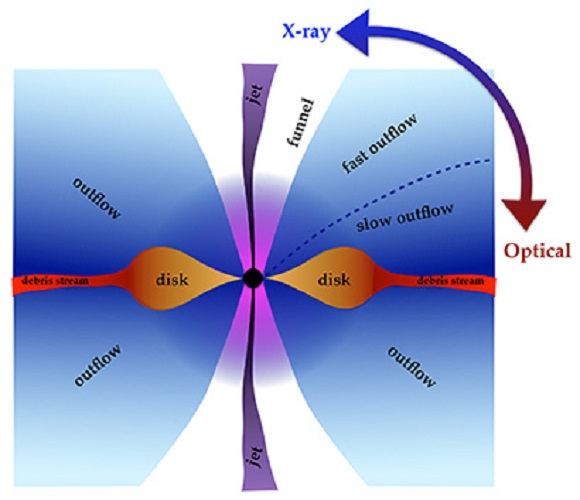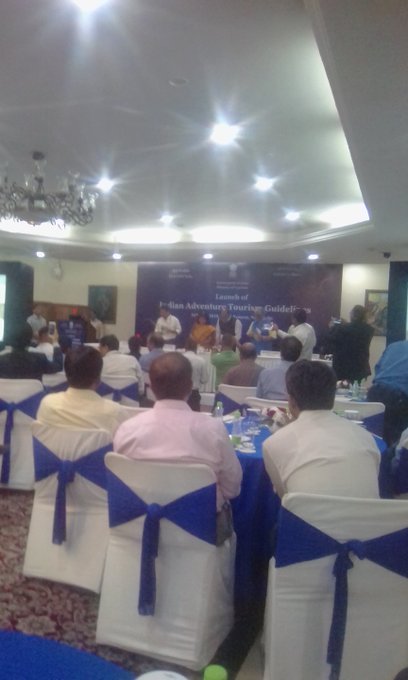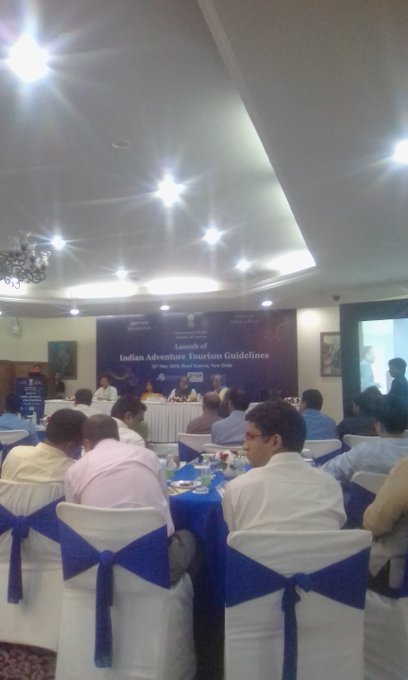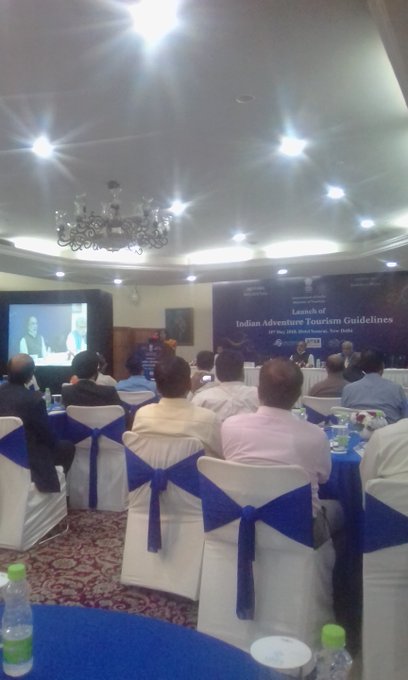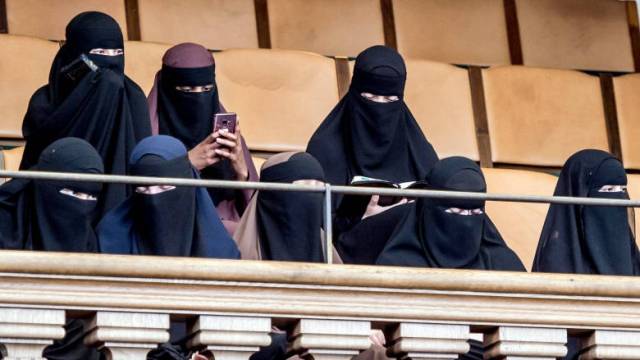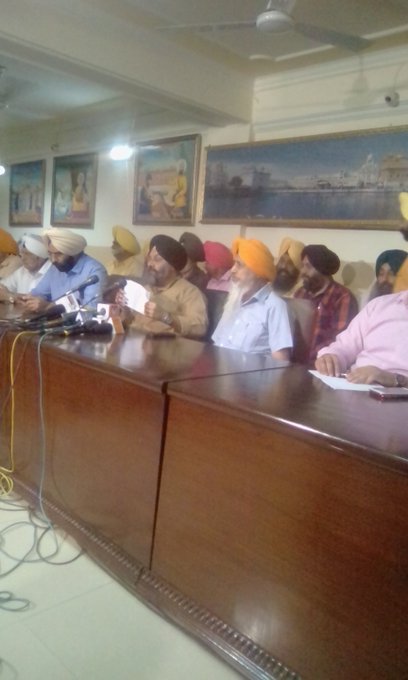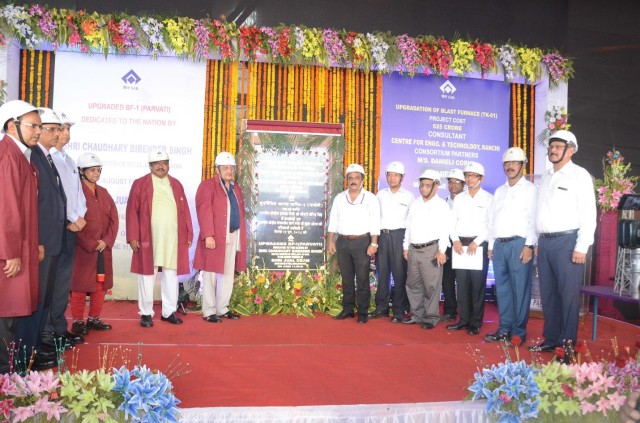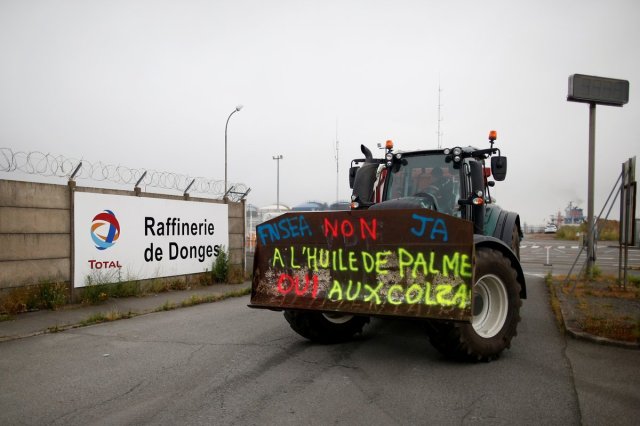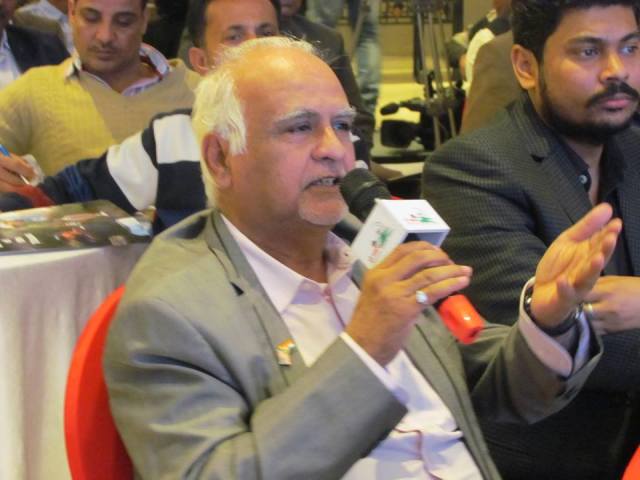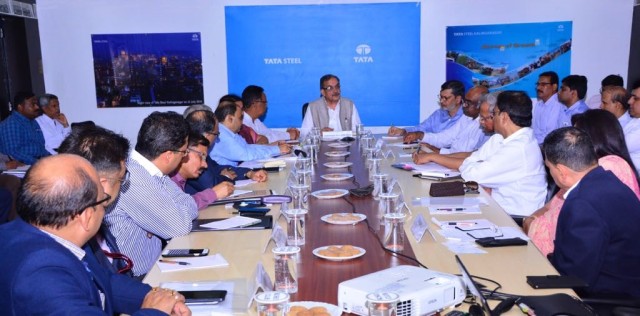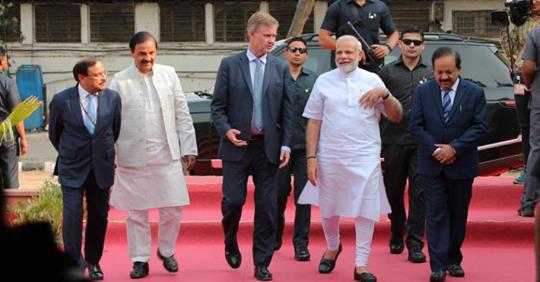Min WCD GOI signs an MoU with Gov of UP
Ministry of Women and Child Development, Government of India signs an MoU with Government of Uttar Pradesh
The Ministry of Women and Child and Development, Government of India signed a Memorandum of Understanding (MoU) with Department of Women and Child Development, Government of Uttar Pradesh, for management of Home of Widows at Sunrakh Bangar, Vrindavan. The Ministry of Women and Child Development has constructed this shelter home for widows with a capacity of 1000 inmates.
The MoU shall be in force for a period of 2 years which may be renewed for further period on satisfactory running of the Home. The Home shall be run by the Government of Uttar Pradesh themselves or by any state government institution or by any civil society or by any reputed non-government organization to be decided by the State Government.
According to the MoU, the Government of Uttar Pradesh shall be responsible for activities including setting up mechanism for identifying beneficiaries, providing residential care to the widows, deploying staff as per norms with prescribed qualification and experience. The MoU further states that senior officials of Government of Uttar Pradesh shall visit and check the security staff periodically and monitor their performance. The MoU also includes provisions for facilitating Aadhar Cards for all inmates and medical/geriatric care for inmates.
WHY WALMART FLIPKART DEAL REQUIRES AN INTERROGATION
WHY WALMART FLIPKART DEAL REQUIRES AN INTERROGATION
AMAZON & ALIBABA IN LINE TO FOLLOW THE PATH
PRAVEEN KHANDELWAL
Secretary General, Confederation of All India Traders
The Walmart-Flipkart Deal is under clouds of strong opposition from trading bodies and others as both are well known for flouting the policies, circumventing the law and indulging into deep discounting and predatory pricing. Being having the same mindset, they both agreed to enter into the deal with an urge to capture, control and monopolised not only e commerce market but even the offline retail trade of India. Interestingly, both e commerce and retail trade have no specific Government policy paving the easy way for both of them to manipulate things to their advantage. More than Flipkart, it is an opportunity for Walmart to fulfil its desire to enter the Indian market which it is trying desperately since years. For Flipkart, it is the best offer for making money and earning huge profit. The Venture capitalist and Private Equity people those who have funded Flipkart have all smiles since their part of share is earning them handsome margin. Only the poor retailer of the Country is at the receiving end.
Flipkart has a leading market share across certain product categories (like smartphones and fashion) through a combination of predation (which they have admitted in a tax proceedings), exclusive tie ups and preferential sellers. The market presence would be further augmented once the said transaction takes place. This would lead to adverse effect on both offline market and online markets.The offline retailers/ wholesalers would not be able to compete with the said conglomerate due to lack of funding and due to the prevalent market practices, small traders have to partner with e-commerce players like Flipkart but they have to face discriminatory conditions. This fact would be accentuated since Flipkart would, probably, give preference to inventory of Walmart.Both Walmart and Flipkart have a demonstrated history of engaging in predation, which they would continue in India, resulting in foreclosure to other offline retailers/wholesalers.
Walmart,, would sell its inventory on the platform of flipkart.com either directly or through a web of associated preferred sellers with the result that their market share would rise exponentially and pure offline retailers / wholesalers would have two options: (i) exit the market or (ii) sell their goods on flipkart.com and face discriminatory terms and conditions fromflipkart.com in comparison to its preferred sellers.There is no level playing field on flipkart’s platform. There is a clear case of discrimination which is there between preferential sellers and other sellers in terms of commission, discounts etc. which would be further accentuated because of this transaction. There is a clear case of denial of market access for these non-preferential sellers on online platform coupled with complete annihilation of small time trader on offline platform.
Flipkart and Walmart have access to vast amounts of data, which they would use for targeted advertisements for consumers. They would create private labels (on the lines of Smart buy etc.) for products which are fast moving (based on data analytics) and sell the same via their preferred seller network. These preferred sellers, like WS Retail, Retailnet, Omnitech Retail, SupercomNet are only on the platform of Flipkart and not on any other platform.The present modus operandi is very clear: Flipkart purchases goods and sells at discounted prices, while incurring a loss, to few sellers like W.S. Retail, Retailnet, Omnitech Retail which are further sold on the platform of Flipkart. Flipkart purchases goods and sells at discounted prices, while incurring a loss, to few sellers like W.S. Retail, which are further sold on the its platform.
Furthermore, there are important competition concerns regarding Walmart’s role on Flipkart’s B2B platform. With Walmart, a global retail giant with its own range of multi-brand products, attempting to take another shot at the Indian market, there is a high likelihood of Flipkart and Walmart would affect other wholesalers on the platform and eliminating them in the long run. In several cases global search engines have been shown to use certain algorithms to favour their partners or services in searches and there is a possibility for Flipkart to increase listings for Walmart’s inventory or propagating a search bias for Walmart’ inventory in its platform. Similar to the entire modus operandi of preferential sellers, they may create preferential sellers with better commissions / discounts in order to augment the sale of Walmart’s inventory. This would have an adverse effect on competitors in both the online and offline market, both at the B2B level and B2C level.In addition, Flipkart (through its subsidiary, Myntra) has launched private labels which are Myntra Fashion Brands on which they are sold at high margins, and Flipkart also controls the sales, marketing and distribution of their products. The sellers of these private brands are also preferential sellers of Flipkart, thus eroding the very concept of level playing field.
The combined entity would have affiliates in the entire supply chain. The Complainant apprehends that the deal is bound to circumvent established laws and FDI policy of the government since the ultimate object of Walmart is to enter the retail trade of the country and in the absence of any policy on e-commerce or retail trade, it would be easy for Walmart to reach out to retail market, which otherwise it cannot enter due to FDI policy.Capital is huge entry barrier (due to the manner in which the said market has evolved) and even established players would find it difficult to enter this market unless they are fine with burning cash.
Solidarity of Delhi Medical Association with resident doctors of SGMH
Dr. Ashwani Goyal
President, DMA
9811113647
F.75/DMA/2018 30th May 2018
The Health Secretary
Govt. of NCT Delhi
New Delhi
Sub: Solidarity of Delhi Medical Association with resident doctors of SGMH
Sir,
Delhi Medical Association is seriously concerned about frequent episodes of assault on doctors in various government and private hospitals. In the last few days, many medical establishments and doctors have witnessed violence and damage to their properties by the attendants of the patients.
DMA condemns the brutal attack on Resident doctors in Sanjay Gandhi Memorial Hospital on 28th May 2018. The medical fraternity is very much perturbed, outraged, appalled and anguished by increasing instances of attack on doctors and Authorities failing to provide security. Our main concern is the famothable degree of the ruthlessness of general population against doctors, vindictive and personal hatred for the fraternity and is propagating day by day.
Every doctor feels desolated in Delhi over SGMH issue even on 3rd day of peaceful protest, the government continues to derelict its responsibility of safeguarding interests of the medical fraternity. No efforts have been taken by authorities to encourage despondent fraternity, there is on the act of atonement from the government or the authorities which is disheartening.
The recent attack on the doctor in SGMH glaringly exposes lack of security in the hospital. Around 80 miscreants barged in the office of medical superintendent, well equipped with sharp knives and sticks and attacked doctors including senior residents and senior faculty gathered there for unbiased and fair analysis of the instance happened on 27th May in Paediatrics Emergency. The residents were beaten savagely and needed to be rescued.
On 27th May despite their best efforts doctors could not save a sick of 8 months old patient. Agitated attendants took doctors for hostage and could be rescued by intervention by police only. On 28th May, a committee was constituted and the members were attacked amid inquiry.
This reprobate behavior has left the whole fraternity and doctors in the state of shock and fear. Residents and President and President RDA of SGMH are being threatened with dire consequences.
Doctors are deprived of every single basic need at workplace be it security of workplace, remunerations, job security or even our mental health. Despite putting most productive years of life in service of mankind and society and being denied our basic right, we are left with mere resentment observing such callous attitude towards us. Hard work done by the resident doctor is denounced by the public and they have to bear the wrath of anguished attendants on day to day basis.
While condemning the assault in strongest terms, Delhi Medical Association urges upon the government of Delhi to take immediate and strong action to apprehended the perpetrators of such heinous crime and ensure that expeditious justice is meted out to them as per law.
Delhi Medical Association will join the protest with SGMH by PEN DOWN and if demands are not met we will force to shut down the healthcare services in the state from 2nd June 2018
Thanking You,
Yours Sincerely,
Dr. Ashwani Goyal
President, DMA
